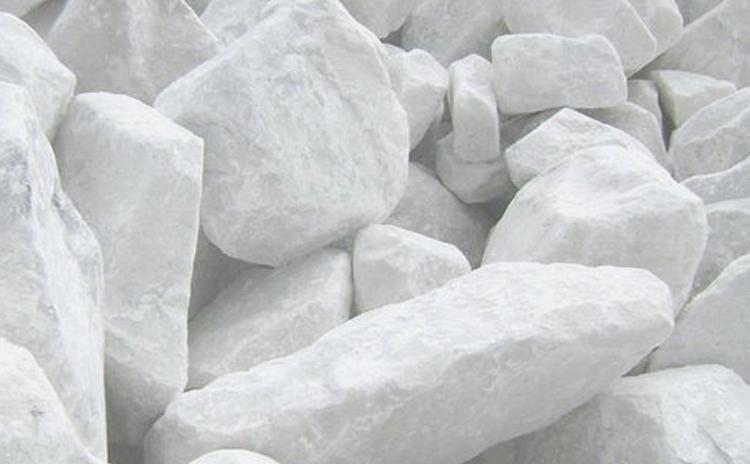
Bentonite
Bentonite is a type of clay that is formed from the weathering of volcanic ash, primarily composed of montmorillonite. It is known for its ability to absorb water and swell, which makes it useful in various applications. Bentonite’s versatility makes it an important material in many industries such as cosmetics, agriculture, foundry and construction.
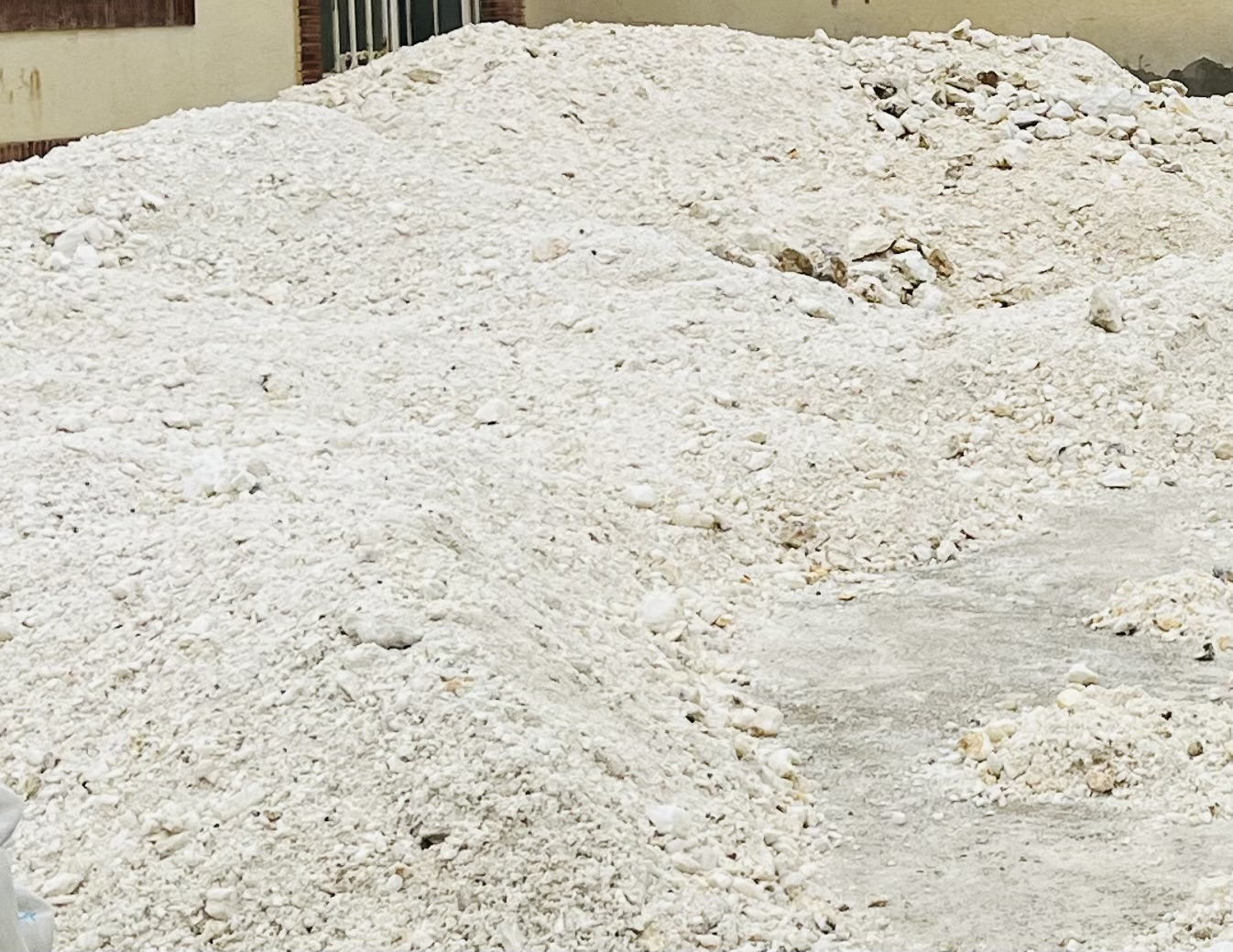
Barite
Barite (or baryte) is a mineral composed primarily of barium sulfate (BaSO₄). It is known for its high density and is commonly used in various industrial applications. Barite’s unique properties make it an essential mineral in several industries, particularly in drilling and manufacturing, while its high density and chemical stability contribute to its diverse applications.
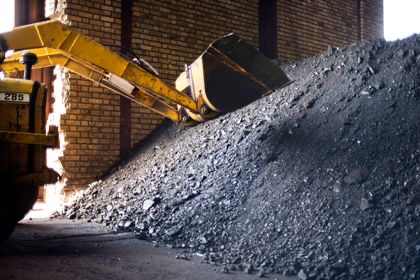
Gilsonite
Gilsonite is a natural, solid bitumen widely used in applications like asphalt modification, drilling fluids, coatings, and inks. With an ash content of 10-15%, it contains moderate levels of inorganic residues, which has specific uses. Higher ash content is suitable for industrial and oilfield applications, while lower ash content is preferred for high-purity needs such as coatings and sealants.
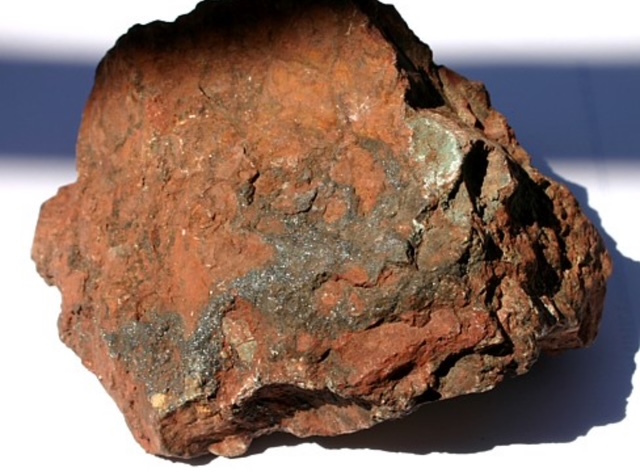
Hematite
Hematite is a common iron oxide mineral, chemically composed of iron(III) oxide (Fe₂O₃). It is one of the primary ores of iron and has a distinctive metallic luster and reddish-brown color, which can range from silver to red, depending on its form and impurities.
S.G. 4.4 to 4.9 refers to the specific gravity (S.G.) of the hematite, which is a measure of its density relative to the density of water. The specific gravity of hematite typically ranges between 4.4 and 4.9, meaning it is 4.4 to 4.9 times denser than water.
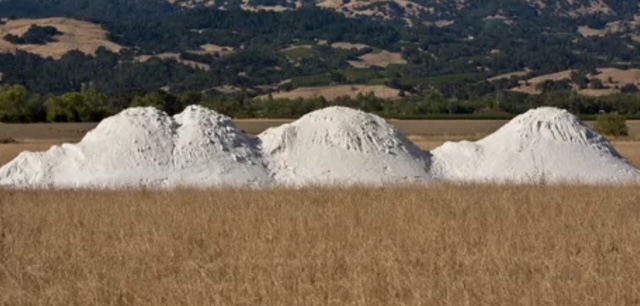
Gypsum
Gypsum is a soft, white or colorless mineral composed of calcium sulfate dihydrate (CaSO₄·2H₂O). It is commonly used in the construction industry for making drywall (also known as plasterboard), as well as in cement production to control setting time. Gypsum is also used as a fertilizer and soil conditioner in agriculture, as it helps improve soil structure and provides essential nutrients like calcium and sulfur. It occurs naturally in sedimentary rock formations and is abundant, often found in the form of large deposits.
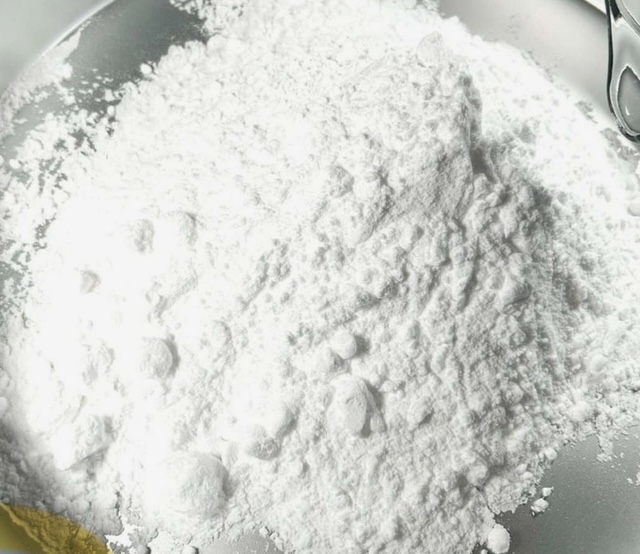
Calcium Oxide
Calcium oxide (CaO), commonly known as quicklime, is a white, odorless, and highly reactive solid derived from heating limestone (calcium carbonate) in a process called calcination. It is widely used in various industries, including steel production, where it helps remove impurities from metals, and in cement manufacturing as a key ingredient. Calcium oxide is also employed in water treatment to soften water, in the production of lime-based products, and as a chemical reagent in laboratories. It reacts exothermically with water to form calcium hydroxide, commonly known as slaked lime.
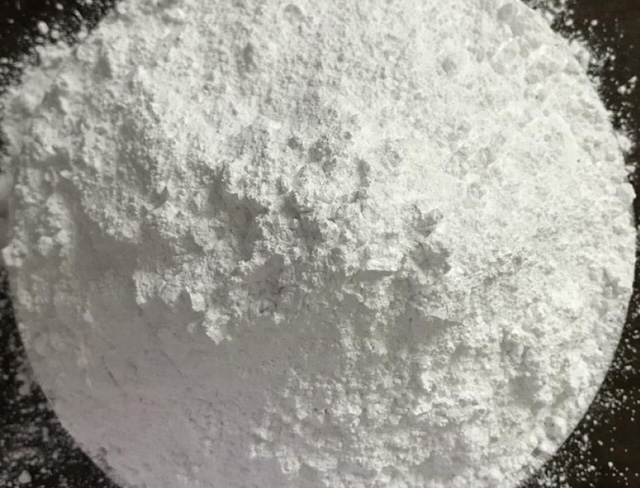
Dolomite
Dolomite is a sedimentary rock and mineral composed primarily of calcium magnesium carbonate (CaMg(CO₃)₂). It is commonly used as a building material, in the production of cement, and as a source of magnesium for various industrial applications. Dolomite is also utilized in agriculture to improve soil quality, as it helps neutralize acidic soils and provide essential nutrients like calcium and magnesium. In addition, it serves as a flux in the steel industry and is used in the production of glass, ceramics, and refractory materials due to its heat-resistant properties.
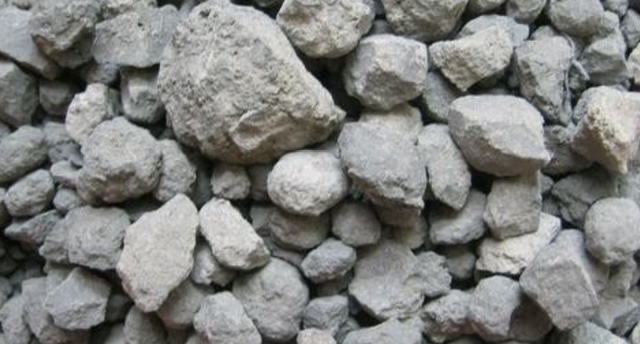
Clinker
Clinker is a solid material produced in the high-temperature kiln process during the manufacture of Portland cement. It is formed by heating a mixture of limestone (calcium carbonate), clay, and other raw materials to temperatures of around 1,450°C (2,642°F). The resulting nodules contain compounds such as calcium silicates (alite and belite) that are essential for cement's binding properties. Clinker appears as dark, greyish-black granules and is the intermediate product in cement production.
Note: If your wanted chemical are not listed don’t hesitate to contact us!
